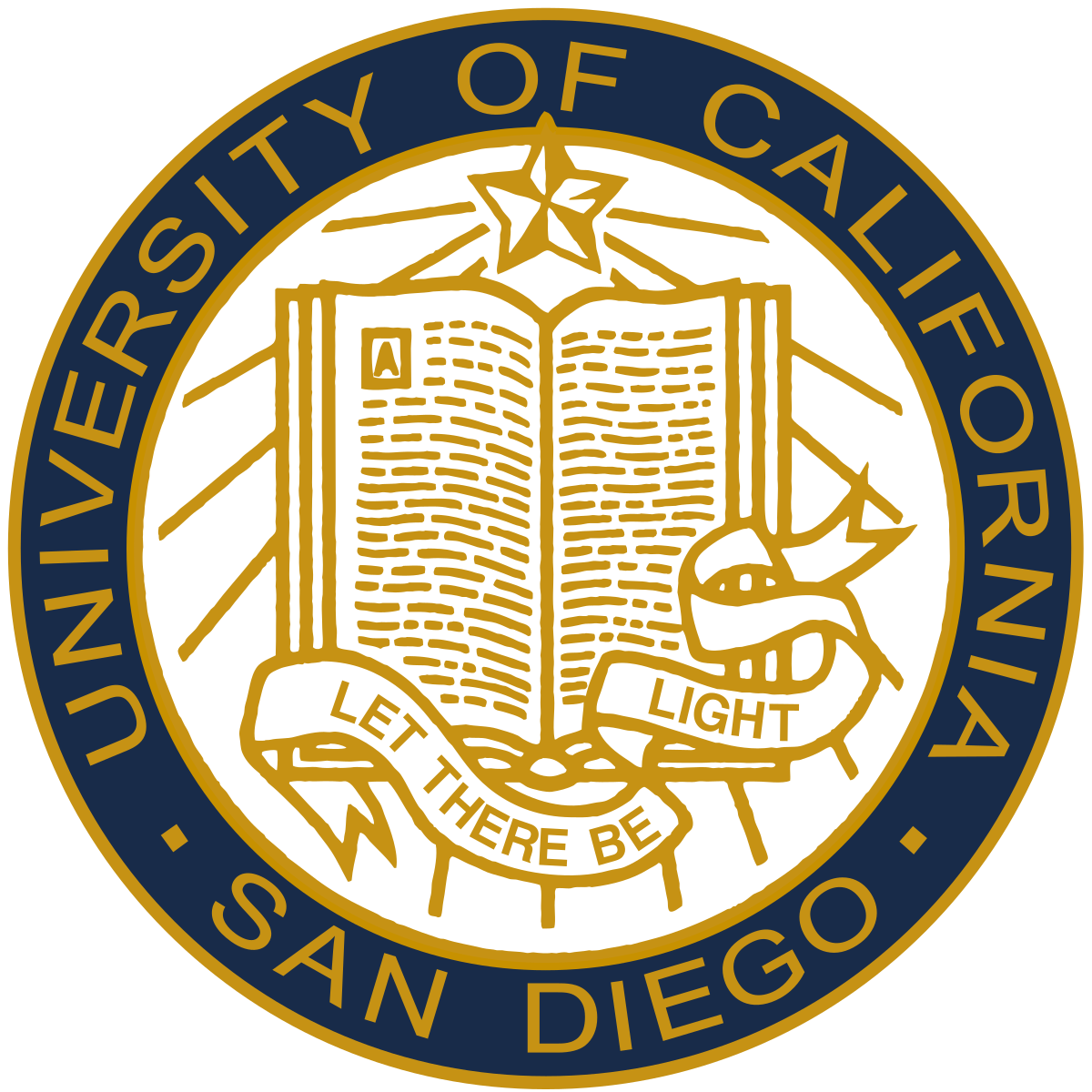UC San Diego: UC San Diego Honors 2022 Integrity Champions
Efforts to uncover sexual harassment and work to ensure the integrity of remote learning were recognized at UC San Diego’s 12th annual Integrity Awards. An annual campus tradition organized by the Academic Integrity Office in collaboration with the Executive Vice Chancellor’s Office and celebrated each Spring quarter, the Integrity Awards acknowledge the contributions of community members unafraid to live by their principles and manifest one of the university’s most important core values: integrity.
This year’s integrity champions are Jade d’Alpoim Guedes, an assistant professor in the Department of Anthropology and at the Scripps Institution of Oceanography, who came forward with evidence of sexual harassment by a Harvard professor; Janine Tiefenbruck, a lecturer at the Halıcıoğlu Data Science Institute, and Niema Moshiri, an assistant teaching professor in the Department of Computer Science and Engineering, who devised data-driven frameworks to prevent cheating in emergency remote learning initiatives. Tiefenbruck, Moshiri and Guedes were honored during a virtual ceremony on April 13.
“Integrity is essential to our ongoing success at UC San Diego, as a university, a campus, and a community,” said Tricia Bertram Gallant, director of the Academic Integrity Office. “In the modern world, maintaining our integrity is easier said than done, which is why models for ethical behavior are so important. This year’s three remarkable honorees embody integrity at its best, and their work is an example for us all.”
Ten years ago, Guedes received a sexual proposition from Gary Urton, a prominent archeologist at Harvard. Last year, she read a report of similar conduct by Urton in another case, realized she wasn’t alone and began connecting the dots. When she released evidence that only she was able to, it helped confirm Urton’s pattern of misconduct.
“Our community of trust depends on the integrity of everyone,” said Guedes. “A ‘leaky pipeline’ has forced generations of women and minoritized communities to leave academia because there are too few inroads to remove racial, gender and sexual violence perpetrators. We can only change this when we end the culture of silence that allows perpetrators to operate. My story is one of ending this culture of silence.”
A similar commitment to principles is displayed in a different context by Tiefenbruck and Moshiri in their efforts to preserve the integrity of emergency remote learning. During the COVID-19 pandemic, educators around the world have been forced to adapt quickly to a radically different educational landscape. While many remote learning initiatives have been successful, others have given rise to controversies around mercenary external proctoring companies and incentives for students to cheat. With their desire to create more reliable and productive alternatives, Tiefenbruck and Moshiri developed data-driven frameworks that help keep students honest and unlock new opportunities for true learning to take place.
Moshiri and Tiefenbruck each developed similar data-driven approaches to detecting exam collaboration, each drawing heavily on the material they teach their own students.
“In an attempt to maintain academic rigor during remote exams, many courses have imposed various forms of surveillance, often in the form of remote proctoring services in which students are monitored by strangers and are sometimes even recorded, which has eroded trust,” Moshiri said. “Importantly, the tool is open-source and utilizes many computer science principles my students use in their own coursework, so I demonstrate the tool to them as a teaching moment as well as an exercise to solidify their trust in the process.”
Tiefenbruck noted the importance of integrity in remote teaching. “Integrity is important to me because of the many students I see working tirelessly in their classes. I want their hard work to be rewarded and their grades to be a reflection of what they’ve learned, which is impossible unless everyone is doing their part to present an honest picture of what they know. The collaboration tools we’ve created help ensure that the work each student submits is their own.”

